Pura Vida: Five Lessons Learned from 11 Costa Rican Adventures
Since 2004, Linda has been to Costa Rica 11 times with Road Scholar, and she can’t wait to go back. She’s not the first to be enchanted by this tropical paradise brimming with biodiversity, incredible landscapes, tranquil waters and (of course) incredible coffee, but for this well-traveled Road Scholar, Costa Rica has become somewhere personal — and life-changing.
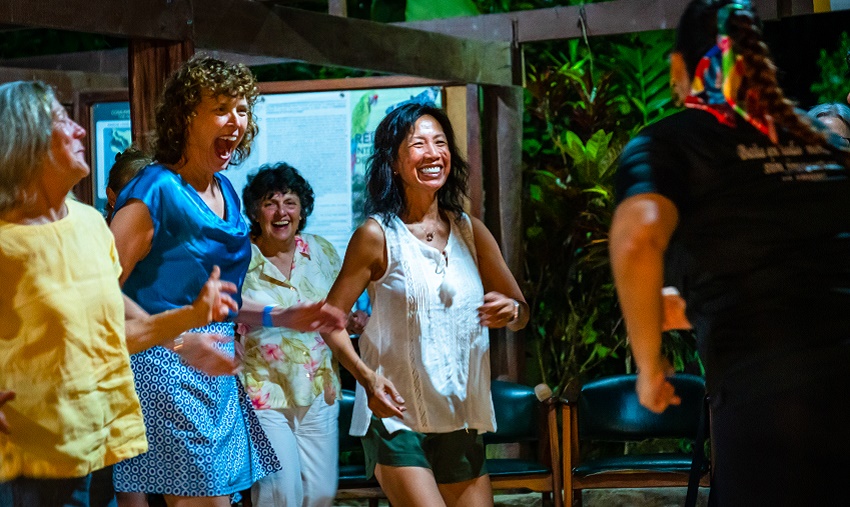
1. Pura Vida: Pure Life
“Pura vida” translates as “pure life,” and those two small words encompass the idea of living and appreciating every moment to its fullest, a philosophy that’s reflected by the entire country. Costa Ricans, who refer to themselves as Ticos (male) and Ticas (female), are brimming with an optimistic spirit of laid-back generosity. “The people of Costa Rica are incredibly warm and friendly,” confirms Linda. “And they take immense pride in their history and culture. Pura vida means a lifestyle that cherishes the simple things like the breathtaking nature around them and culinary, music and dance traditions. It also means embracing a less hurried pace of life.”
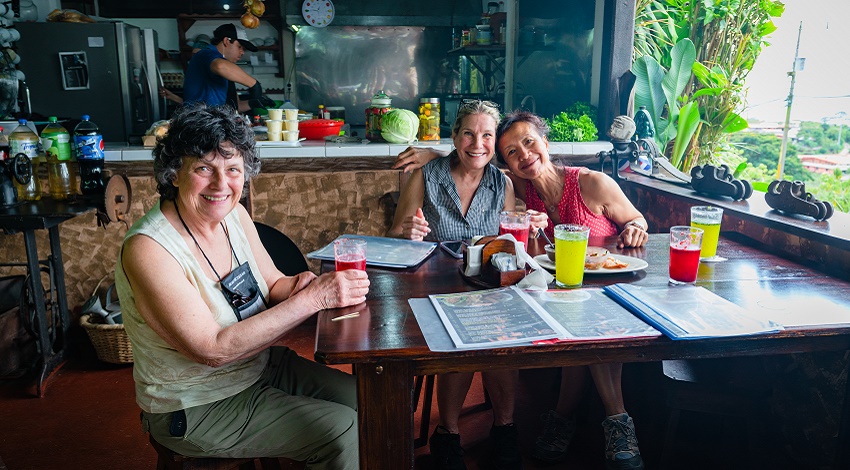
2. Appreciation for Food and Coffee
Coffee is deeply rooted in Costa Rica’s history and has had deep impacts on the country’s social, cultural and economic development. Its warm climate, volcanic-ash enriched soil, altitude and heavy rainfall make for the perfect growing conditions for Arabica coffee beans, and Costa Rica’s passion for the product is palpable. “They pick the berries by hand,” Linda says, “and more and more, the country is focusing on shade-grown coffee, which is better for the environment. Now, even when I'm at home, I find myself only buying Costa Rican coffee because it has such a rich, aromatic flavor.”
That’s not the only thing bursting with flavor. “The fruits in Costa Rica, like mangoes, pineapples and bananas, taste so intense!” Linda enthuses. “They're truly wonderful, and fresh fruits and veggies seem to be everywhere on menus.” Indeed, Costa Rica takes its produce seriously, and locally grown food, rice and beans are staples. Only 10 degrees from the equator means visitors can experience a wide selection of exotic fruits which, according to Linda, are definitely worth the trip!
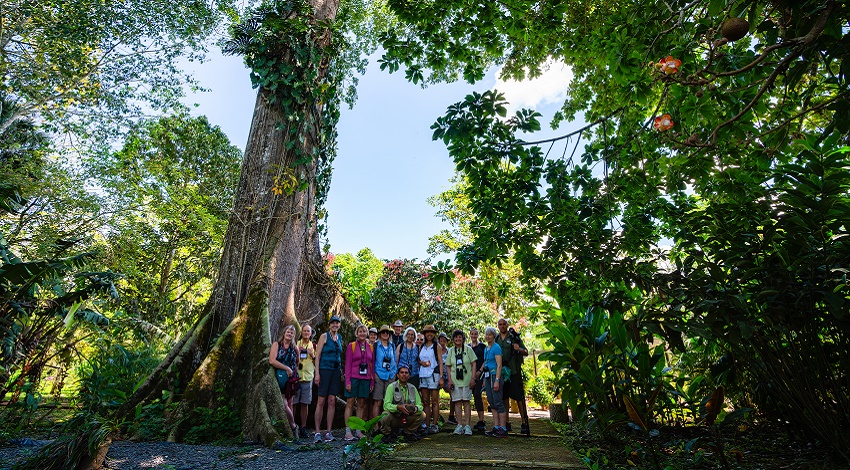
3. Environmentalism
One of the most eco-friendly countries in the world, in 2020, Costa Rica generated 99.8% of its energy from renewable resources. It has also established an extensive reforestation project, set aside 28 national parks and has protected over a quarter of its land, resulting in one of the world’s most diverse and protected ecosystems. So intensive are their sustainability initiatives, that Linda took her first journey in 2004 to learn about them firsthand.
Since then, her visits have heightened her awareness of the environment around her. “The diversity in Costa Rica is amazing,” she says, describing the wildlife. “Four kinds of monkeys, two kinds of adorable sloths and a world of birds — almost 900 species! There are 11 major biomes, including dry forests, cloud forests, two coasts and spectacular volcanoes … There is something incredible in every part of Costa Rica.”
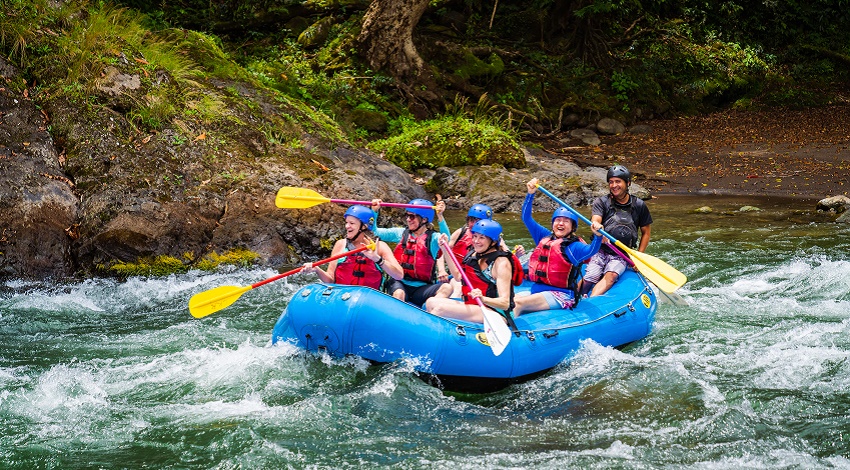
4. Learning Adventurously
“In Costa Rica there's so much to do. You can be active or take it easy, but you're always learning something new,” she says. Hiking, river-rafting, swimming, kayaking and dancing are only a few of the multi-sport adventures that Linda experienced. “I even overcame my fear of heights by whizzing through the forest canopy on a zip-line and walking on hanging bridges over 200 feet above the river. Being in a group of people, I thought, ‘If others can, I can too.’”
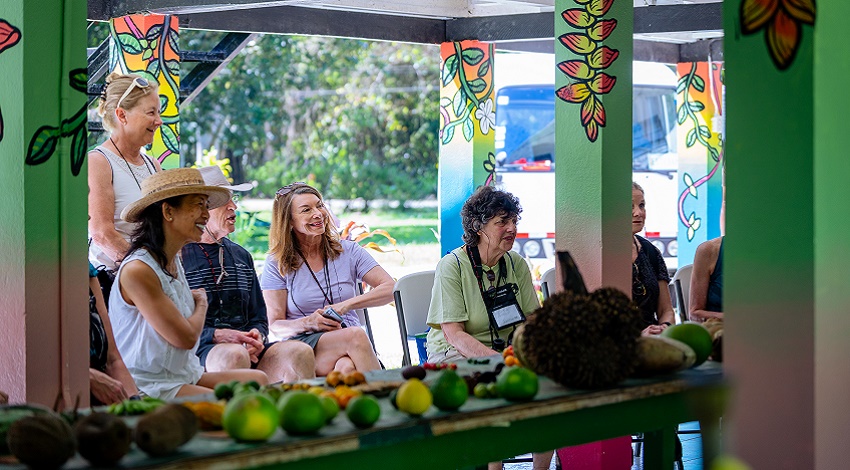
5. There’s No Place She’d Rather Be
“I took my first solo journey to Costa Rica in 2004, and thanks to Road Scholar, my first experience was wonderful. With them, I feel cared for and know I'll be exposed to incredible places and activities I wouldn’t find on my own,” Linda says. So deeply has the country affected her that she returned to university to learn Spanish in order to better converse with Ticos on future trips. She feels that “people who take the time to truly understand Costa Rica, its culture, its people and its environmental initiatives will perhaps contribute to a better world. There’s no place in the world I’d rather be than Costa Rica. I hope I get to see you there.”
Learn more about Road Scholar’s Costa Rican Learning Adventures.
